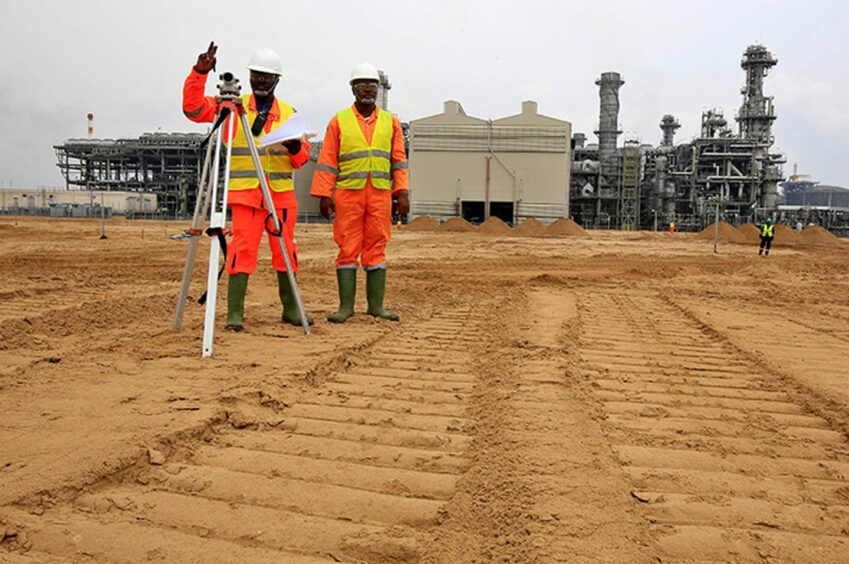
Nigeria LNG (NLNG) has declared force majeure as a result of flooding that disrupted upstream gas suppliers.
The company said its declaration followed statements of force majeure from its suppliers. The gas producers gave the notice as a result of “high flood water levels in their operational areas, leading to a shut-in of gas production which has caused significant disruption of gas supply to NLNG”.
Flooding in Nigeria has killed 603 people, as of Sunday, while driving a number of communities out of their homes.
NLNG general manager for external relations Andy Odeh explained the company had declared force majeure in line with its sales agreements.
The company is “currently reviewing the situation with gas suppliers to ascertain the extent of the disruption to its operations”. NLNG will “endeavour to mitigate the impact of the force majeure to the extent reasonably possible”.
Infrastructure disruption
NLNG covers six trains at Bonny Island, with a seventh train under construction. The facility is Nigeria’s largest consumer of gas, consuming around 3.5 billion cubic feet per day.
Three joint ventures provide gas to NLNG, Shell Petroleum Development Co. (SPDC), Total Exploration and Production Nigeria (TEPNG) and Nigerian Agip Oil Co. (NAOC).
According to Nigerian National Petroleum Corp. (NNPC) data from August, SPDC is the main supplier of gas to NLNG.
Nigeria’s Ministry of Humanitarian Affairs has warned of flooding disruption in Anambra, Delta, Cross River, Rivers and Bayelsa states.
The problem is set to continue for the “coming weeks”, the ministry said. It called for state governments “to begin evacuation of persons living along water channels and other areas obstructing the flow of water”.
The ministry reported the floods had displaced 1.3 million people, with 82,000 houses destroyed and 121,000 houses damaged. Roads and infrastructure have also been destroyed.
